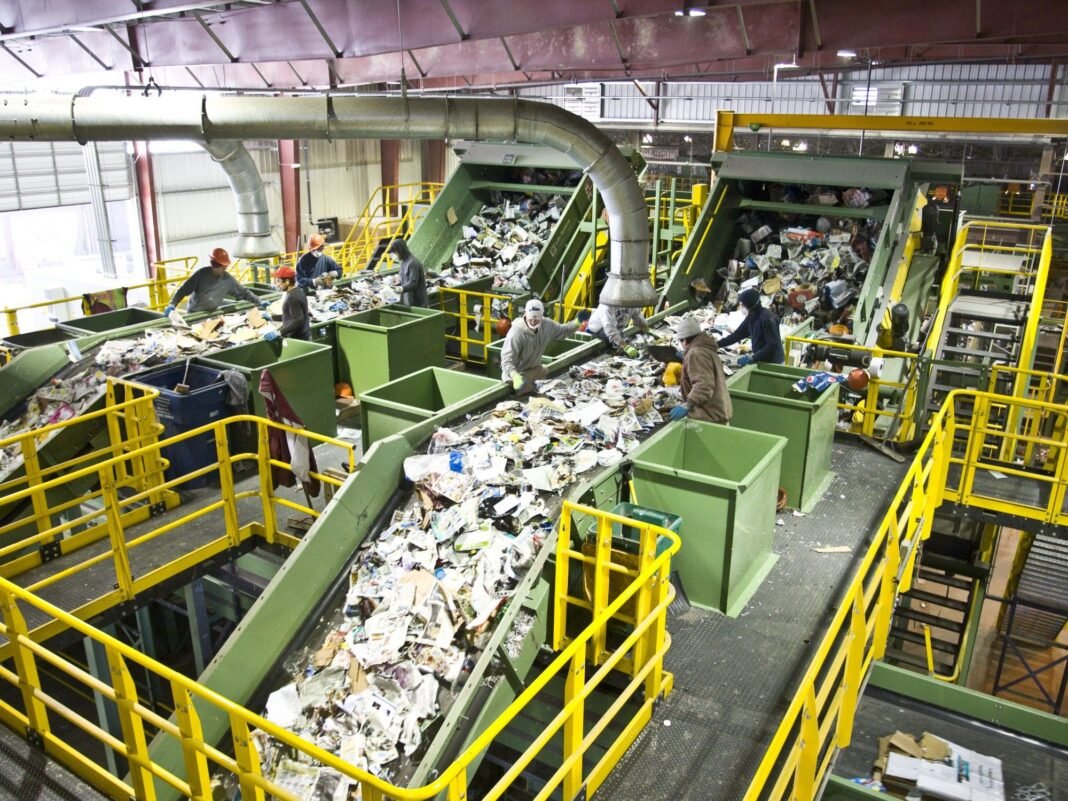The Domestic solid waste management centre in Mesaieed supports Qatar’s sustainability goals through modern recycling technologies. Additionally, it transforms domestic waste into valuable resources to build a circular economy.
Moreover, the centre plays a crucial role in conserving the environment. Consequently, it recycles plastics, metals, and organics, advancing waste management practices in alignment with national strategies.
Since beginning in 2011, the facility has grown steadily. Furthermore, it operates under a long-term contract with Singaporean firm Keppel Seghers, ensuring efficient operation and waste-to-energy production.
The Domestic solid waste management centre was developed in phases. First, environmental studies guided the planning. Then, construction progressed between 2006 and 2010 before entering full-scale operations.
Additionally, the centre includes safe incinerators and composting units. Therefore, it converts waste into compost and energy, strengthening the country’s clean energy and sustainable agriculture objectives.
Currently, the centre handles about 2,200 tons of waste daily. Besides that, it safely processes dead animals, green waste, and remains from slaughterhouses using approved disposal techniques.
According to Eng. Hamad Al Bahr, one of the main goals is sustainability. Also, it supports recycling and electricity generation, helping Qatar meet its Third National Development Strategy targets.
The centre features modern composting systems and engineered landfills. Furthermore, it sorts recyclables like plastics and metals, reducing dependency on traditional landfill practices.
By converting waste into power, the centre cuts emissions. Additionally, it operates on self-produced energy, conserving resources and contributing to Qatar’s national energy efficiency targets.
The facility also promotes environmental education. Therefore, it raises public awareness about sustainable waste management and highlights the importance in preserving Qatar’s natural resources.
During major events like FIFA 2022, the centre diverted all stadium waste from landfills. Moreover, this effort marked a global milestone in sustainable sports event management.
Finally, the Ministry plans to expand the facility. Soon, it will process up to 3,000 tons daily, continuing its support for environmental goals and the broader circular economy mission.





